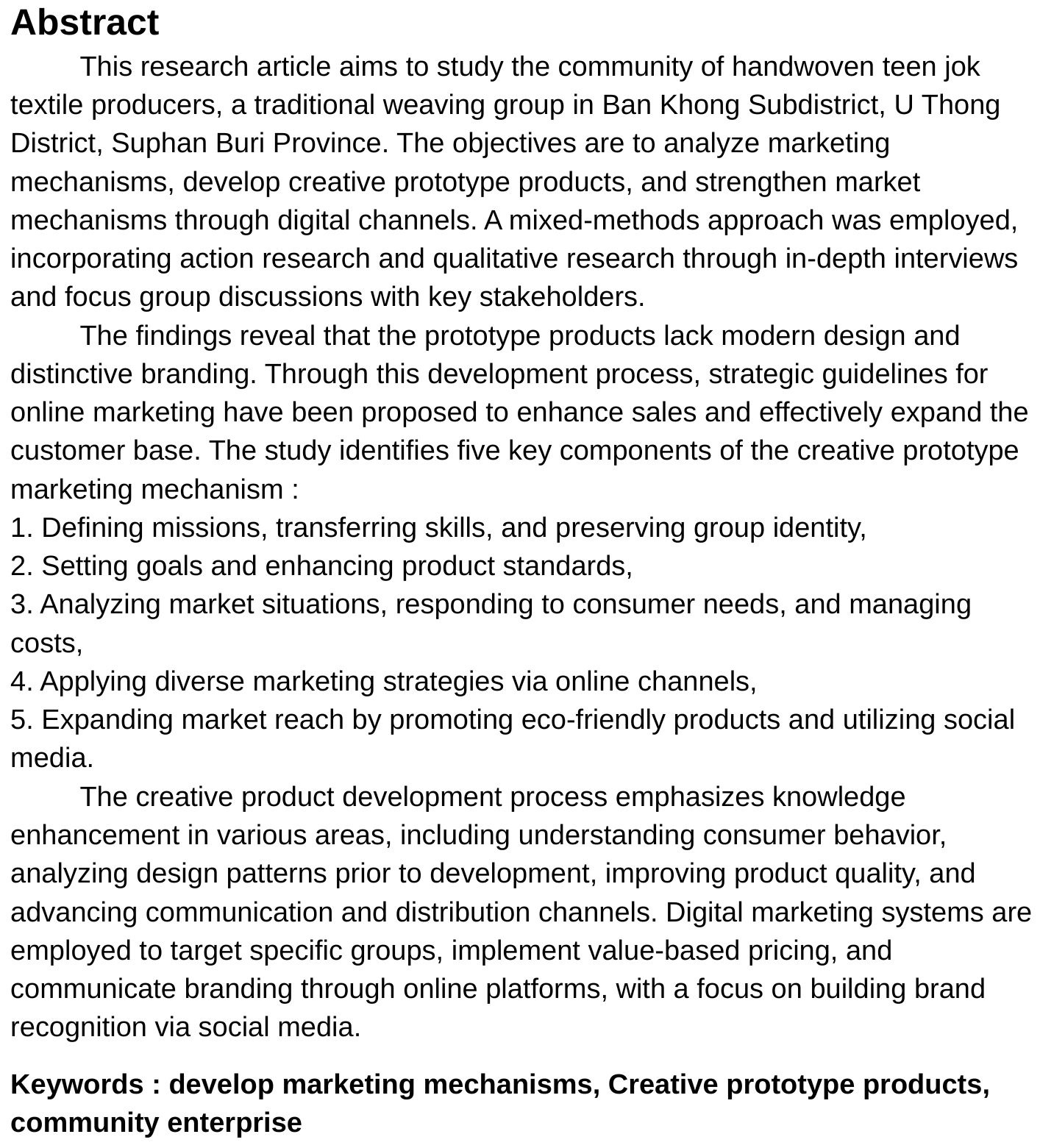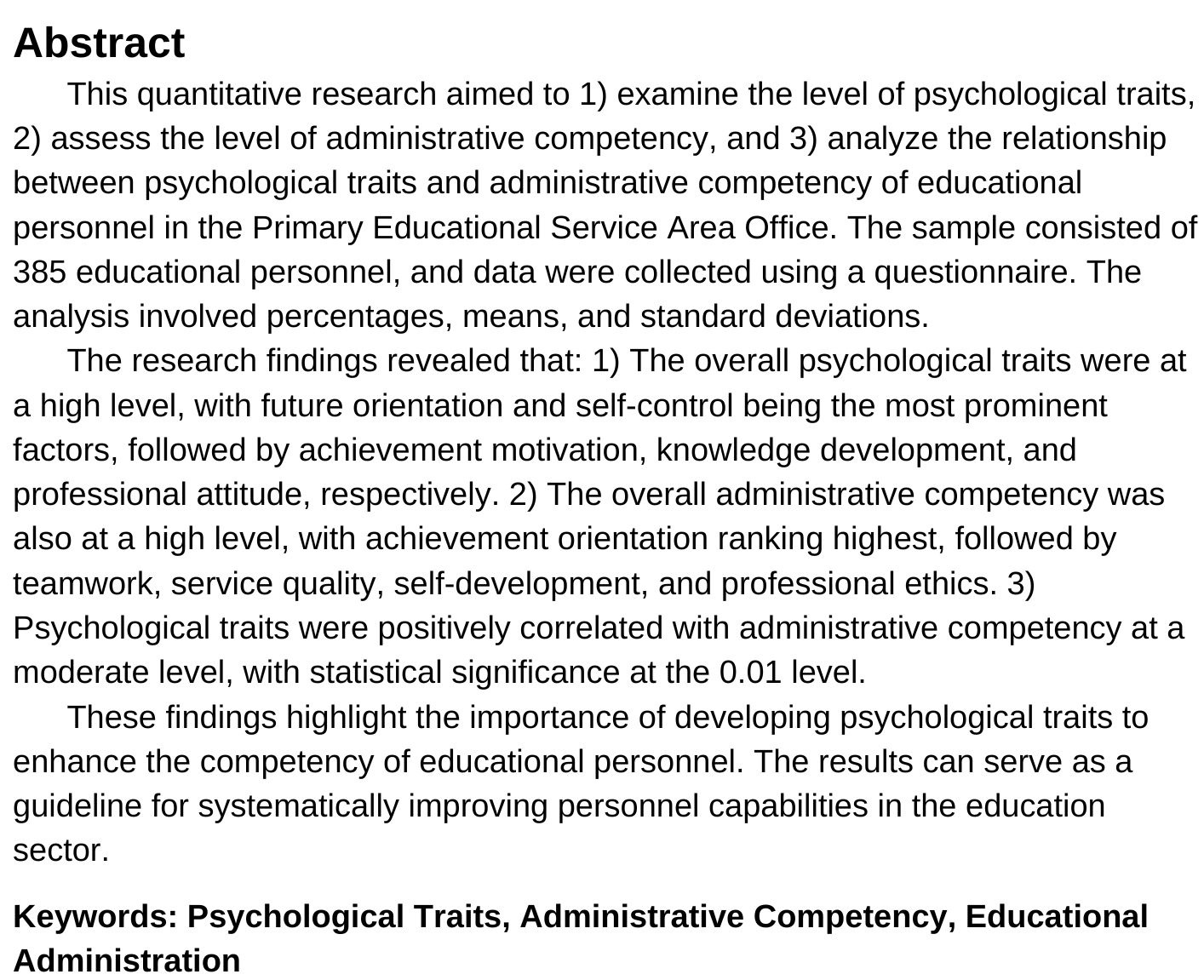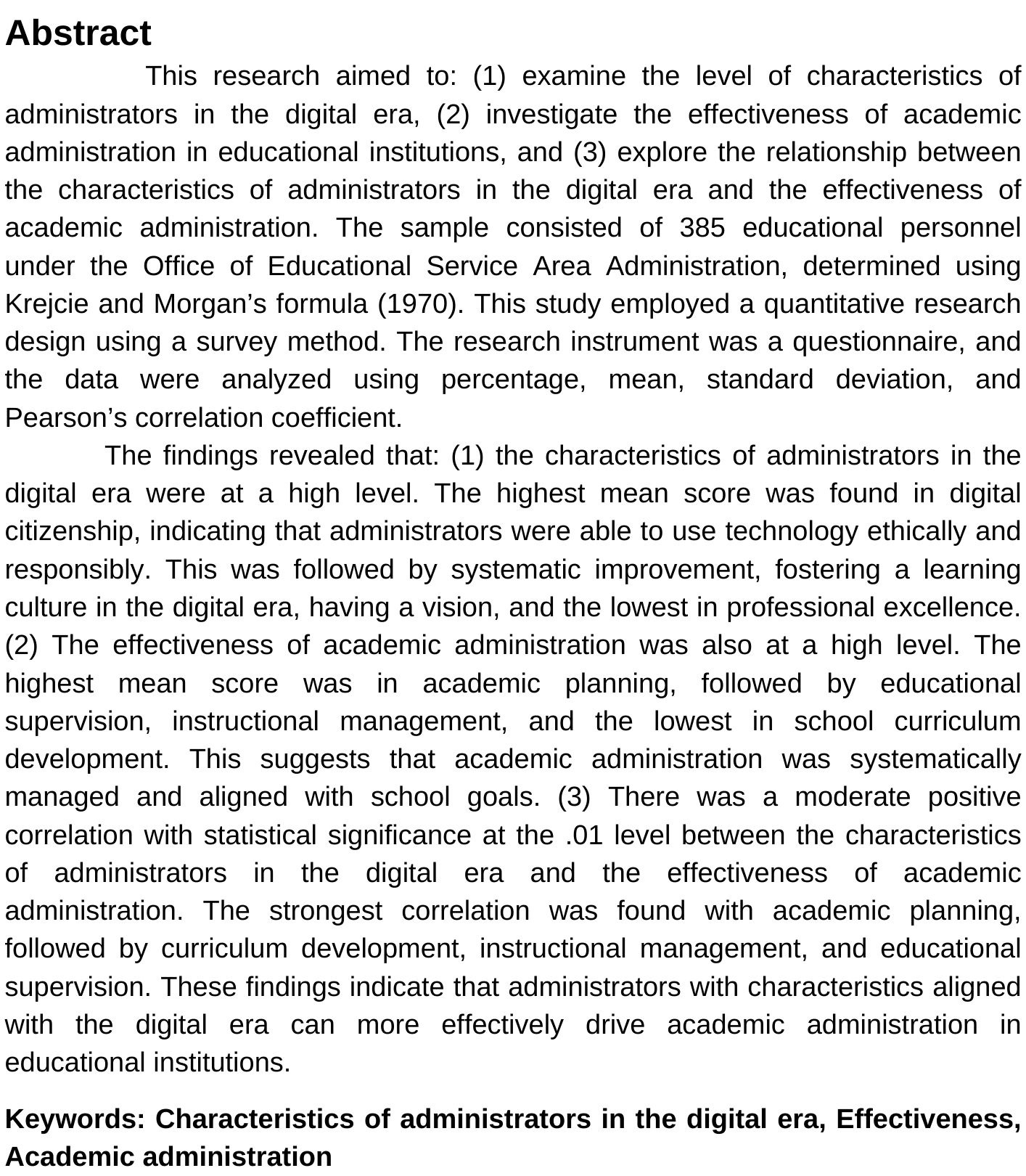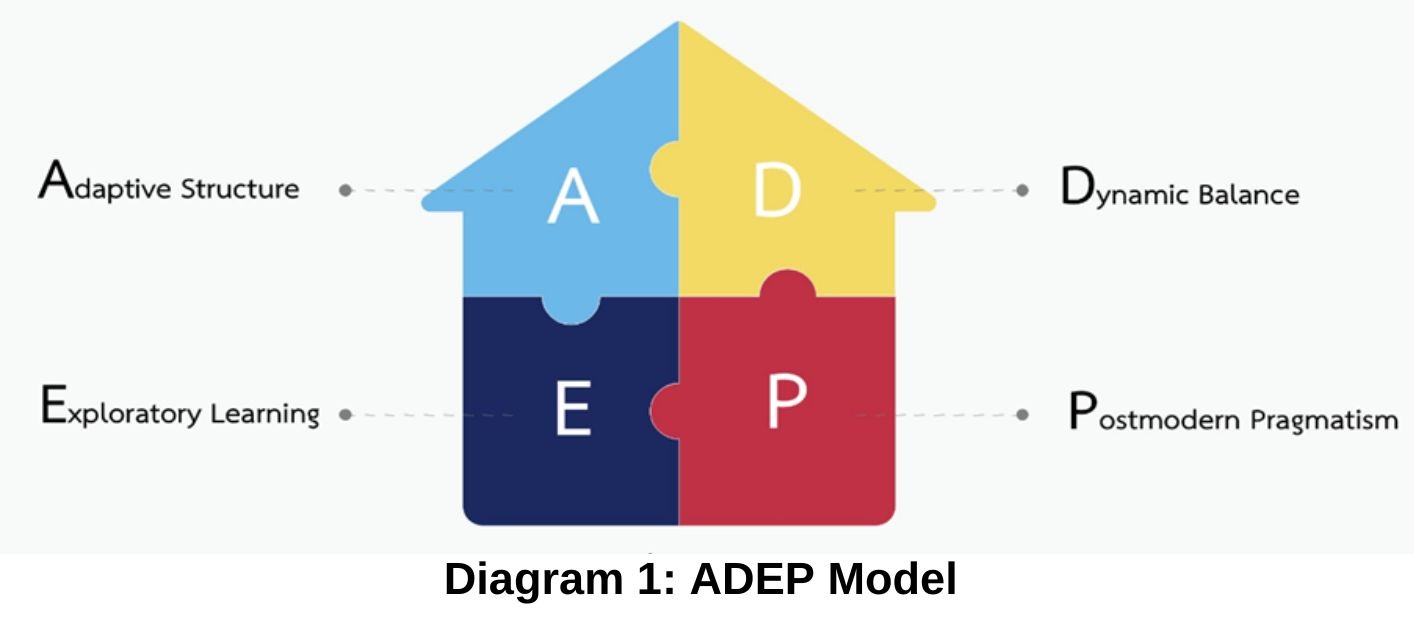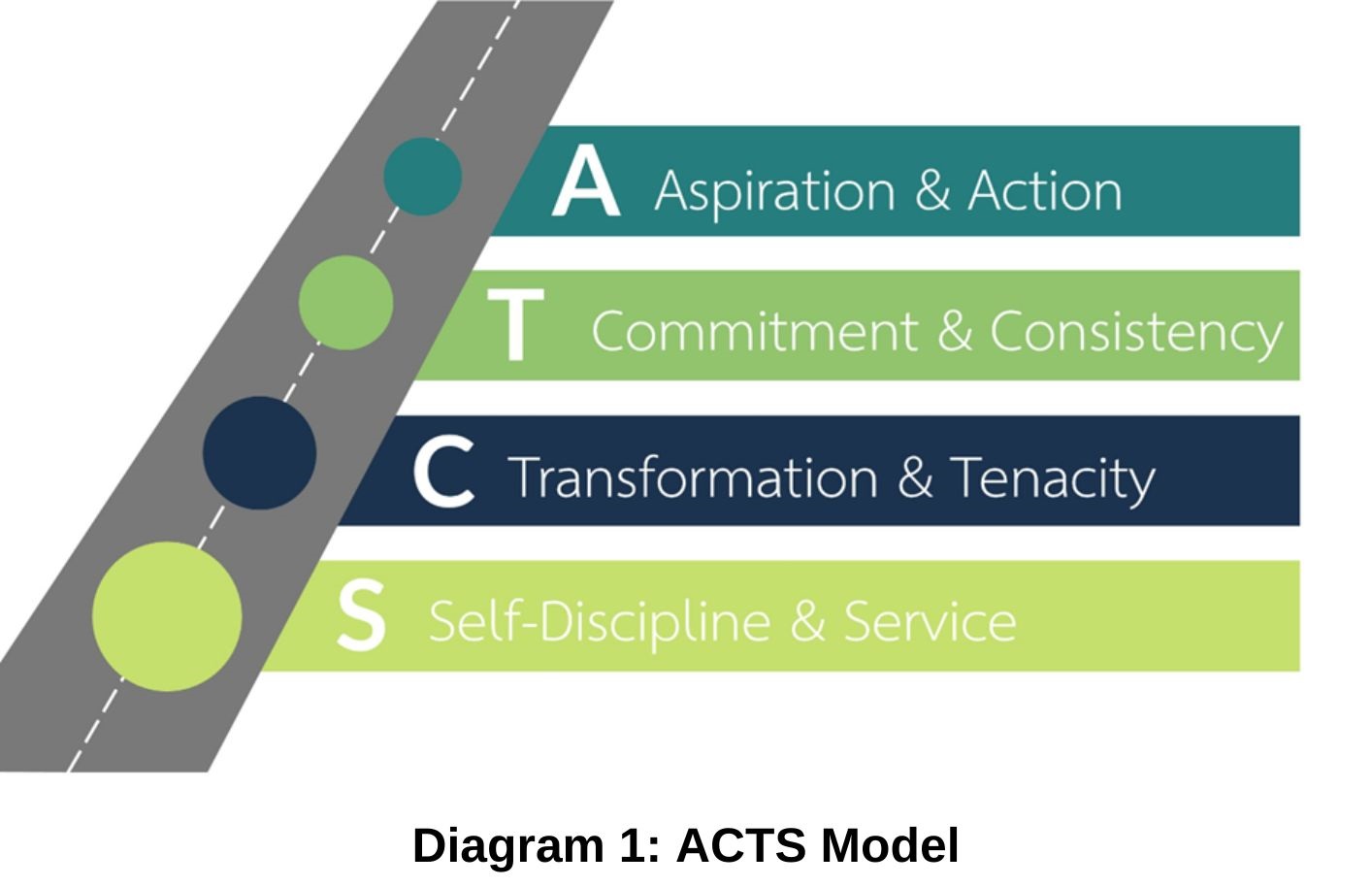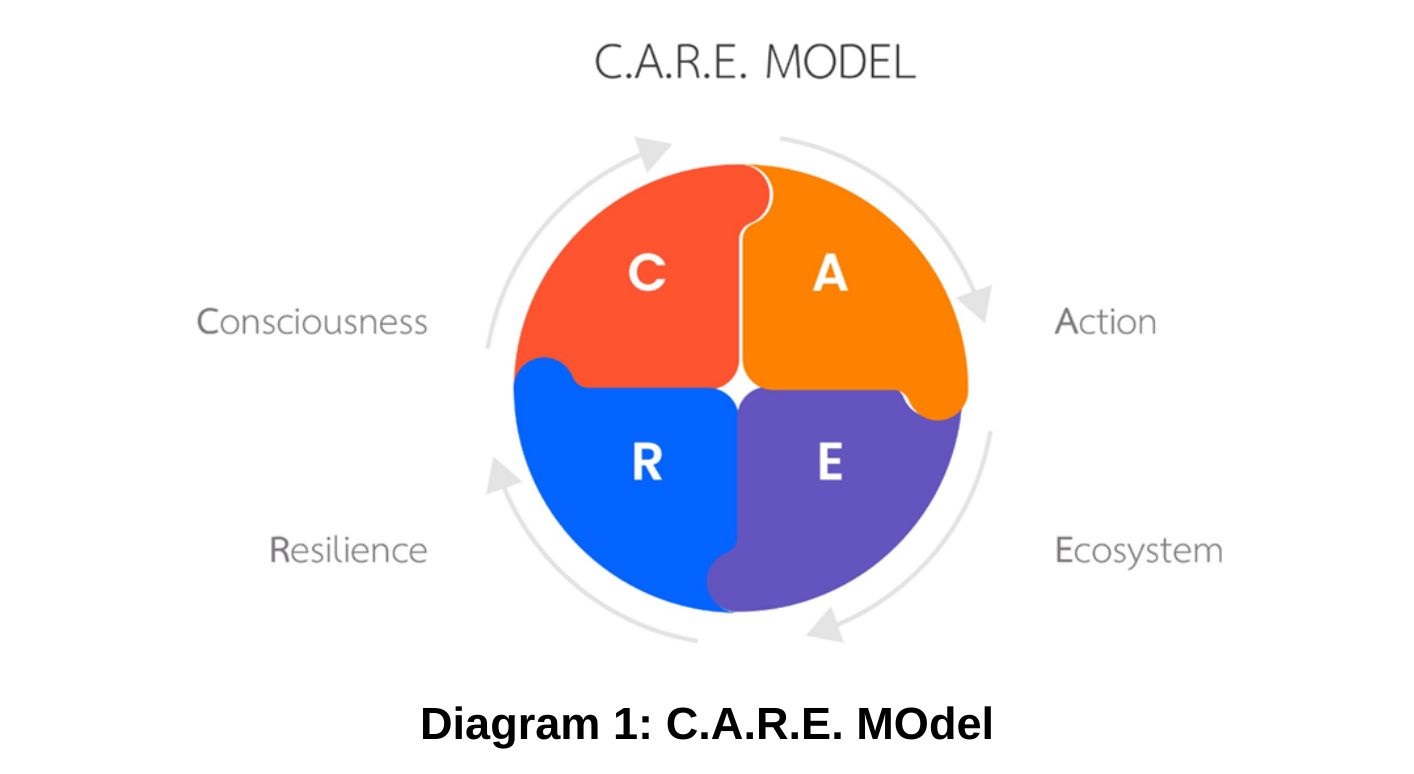Vol. 2 No. 3 (2025): March
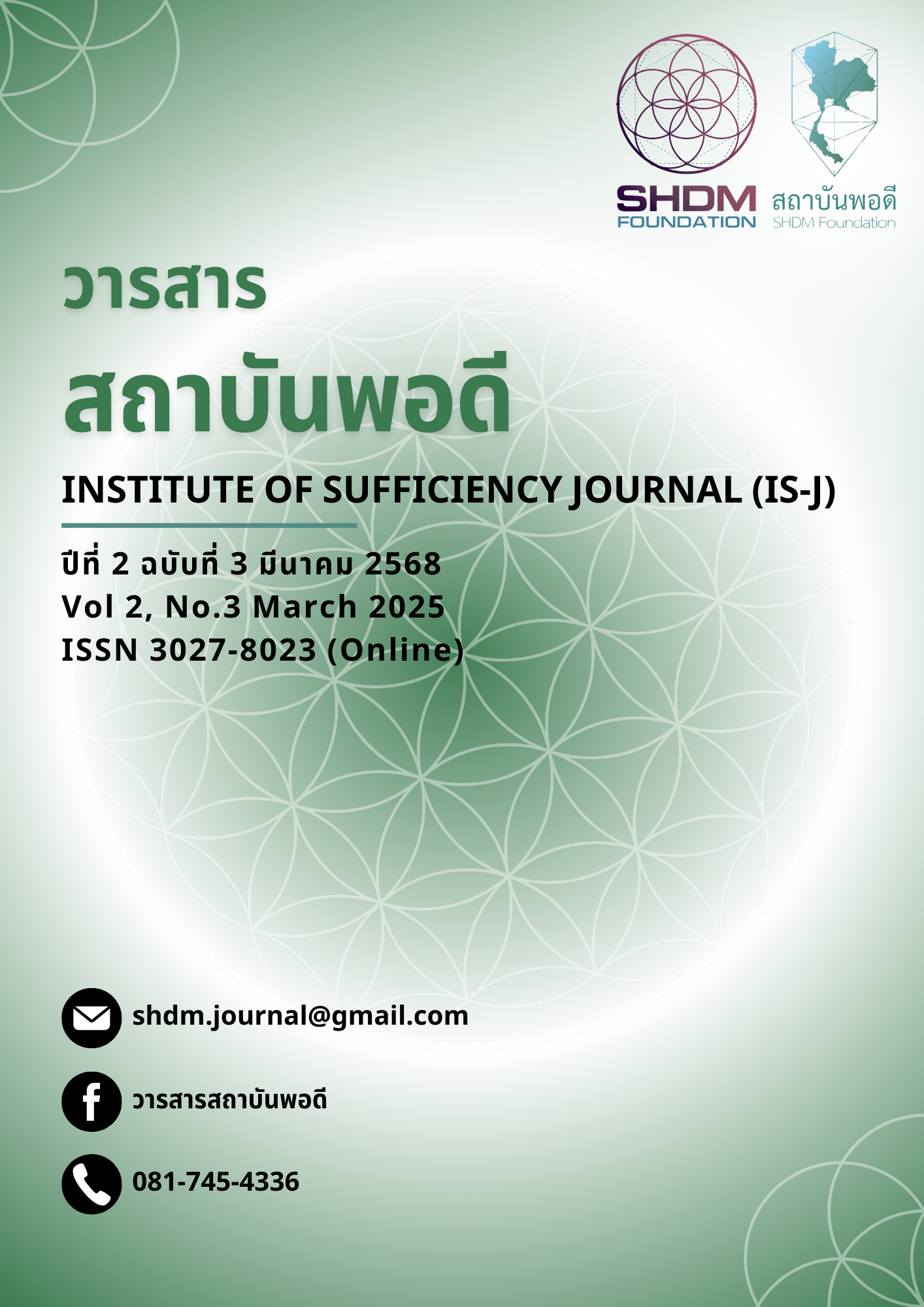
Editorial
Institute of Sufficiency Journal, Vol. 2 No. 3, March 2025
The research and academic articles published in the Institute of Sufficiency Journal, Volume 2, Issue 3, March 2025, have been well received by researchers, academics, university lecturers from various institutions, as well as independent scholars who have shown continuous interest in submitting their work for publication. The journal is also honored to receive the support of distinguished experts in multiple disciplines, who serve as advisors, editorial board members, and peer reviewers. Their expertise plays a crucial role in enhancing the academic quality of the journal in accordance with the evaluation criteria of the Thai Journal Citation Index Centre (TCI).
This issue comprises four research articles and two academic articles, as follows:
Research Articles
-
Promoting the Strengthening of Local Weaving Women's Community Enterprise in U Thong District, Suphanburi Province, Towards Economic Sustainability
This study examines the development of creative prototype products and the enhancement of marketing mechanisms through digital channels for a traditional weaving community. Using a mixed-methods approach, the research identifies five key marketing components and proposes online strategies to increase sales and expand customer reach effectively. -
Psychological Traits and Administrative Competency of Educational Personnel in the Primary Educational Service Area Office
This quantitative study analyzes the relationship between psychological traits and administrative competency among educational personnel in the primary education sector. The findings reveal that both variables are at a high level and moderately correlated with statistical significance, emphasizing the importance of developing psychological traits to enhance professional competency. -
Characteristics of Administrators in the Digital Era and Academic Administration Effectiveness of Educational Personnel, Office of Educational Service Area Administration
This study explores the relationship between digital-era leadership characteristics and the effectiveness of academic administration. The results show a moderate positive correlation, particularly in academic planning, instructional management, and curriculum development, highlighting the importance of digital citizenship and adaptive leadership in educational management. -
Inner Development Goals Based on the Moderate Postmodern Philosophy
This article proposes the ADEP Model—comprising Adaptive Structure, Dynamic Balance, Exploratory Learning, and Postmodern Pragmatism—as a conceptual framework for developing Inner Development Goals (IDG) grounded in moderate postmodern philosophy. The model supports a balanced integration of rationality, emotion, and spirituality, adaptable to diverse contexts.
Academic Articles
-
Adhitthana Paramita in Theravada Buddhist Philosophy
This article examines the meaning and significance of Adhitthana Paramita at various levels based on the Tipitaka and commentaries. It introduces the ACTS model—Aspiration & Action, Commitment & Consistency, Transformation & Tenacity, and Self-Discipline & Service—as a practical framework for personal development, education, and ethical leadership. -
The Application of the 15th Royal Working Principle: Cultivating the Forest in People’s Hearts
This article explores King Bhumibol’s concept through the lenses of environmental philosophy, virtue ethics, and Buddhist philosophy. It proposes the C.A.R.E. model—Consciousness, Action, Resilience, and Ecosystem—as a means to foster environmental awareness and sustainable behavioral change through a value-based framework.
All articles in this issue have undergone a thorough review process. The editorial board conducted an initial quality screening before submitting each article to three independent experts for peer review. The selection process strictly follows the standards set by the Thai Journal Citation Index Centre (TCI), with emphasis on the alignment of each article to the journal’s objectives and its contribution to applicable academic knowledge.
The editorial board sincerely hopes that the articles published in this issue will serve as a valuable contribution to advancing knowledge in education, administration, philosophy, and sustainable social development in Thailand and beyond.

